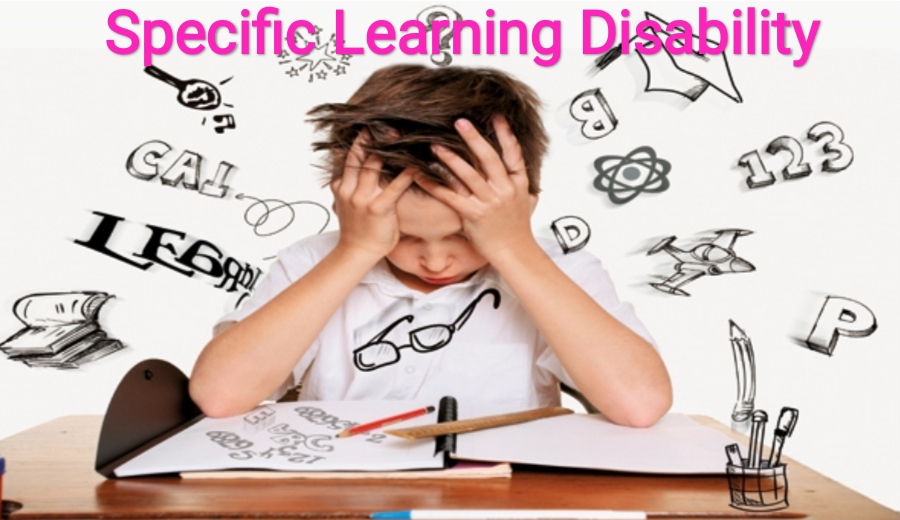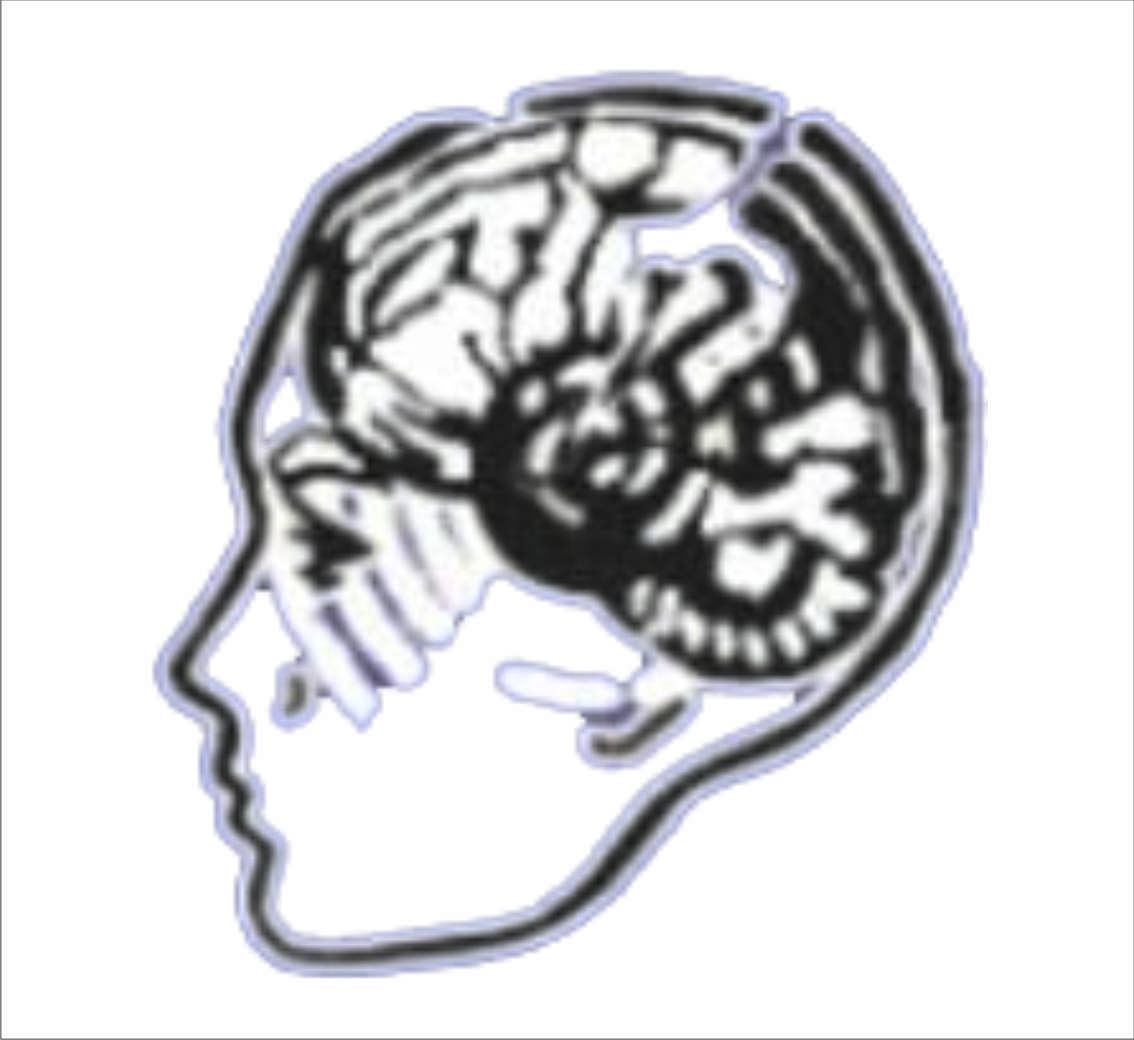Events / Workshop
Rorschach Inkblot Test
Rorschach inkblot test, projective method of psychological testing in which a person is asked to describe what he or she sees in 10 inkblots, of which some are black or gray and others have patches of colour. The test was introduced in 1921 by Swiss psychiatrist Hermann.

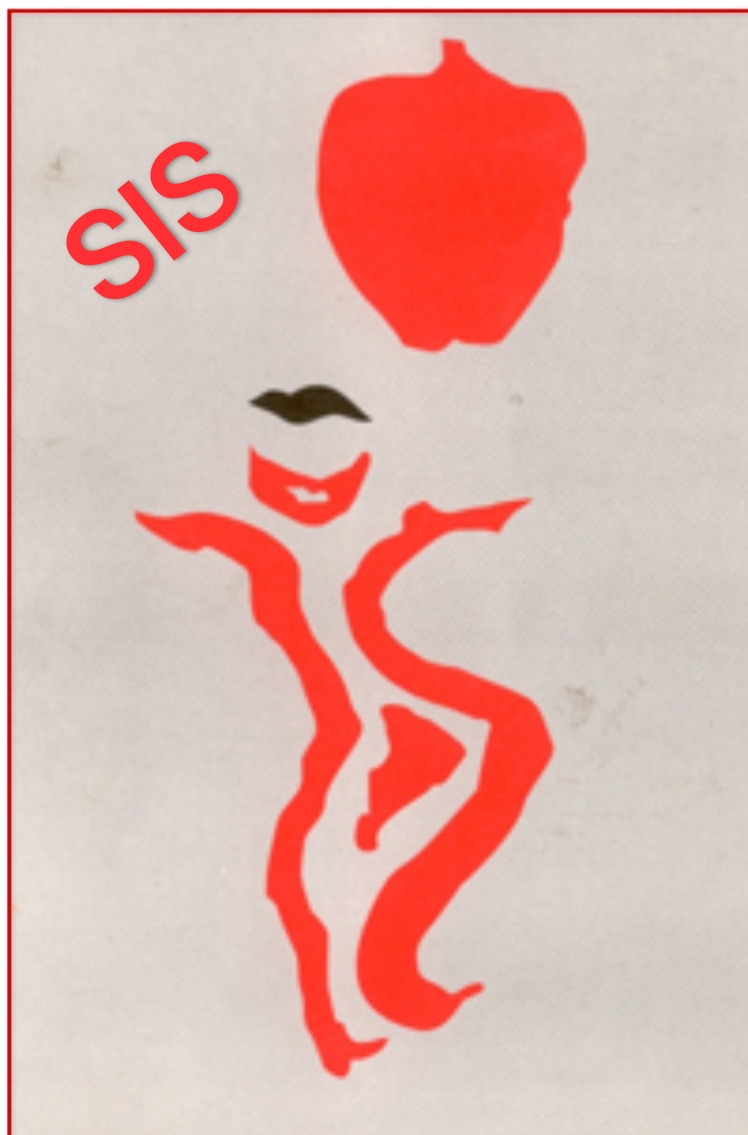
Somatic Inkblot Test (SIS)
The Somatic Inkblot Series (SIS) is a structured, projective, diagnostic procedure and is an adjunct to psychotherapy and counseling. The SIS is structured by a sequential presentation of intentionally designed and field-tested inkblot-like images.
Intelligence Testing
A questionnaire or series of exercises designed to measure intelligence. There are many types of intelligence tests, and they may measure learning and/or ability in a wide variety of areas and skills. Scores may be presented as an IQ (intelligence quotient), as a mental age, or on a scale. For example, the commonly used Stanford-Binet IQ test, the Wechsler Adult Intelligence Scale (WAIS), and the Wechsler Intelligence Scale for Children (WISC) are all standardized tests designed to test intelligence.
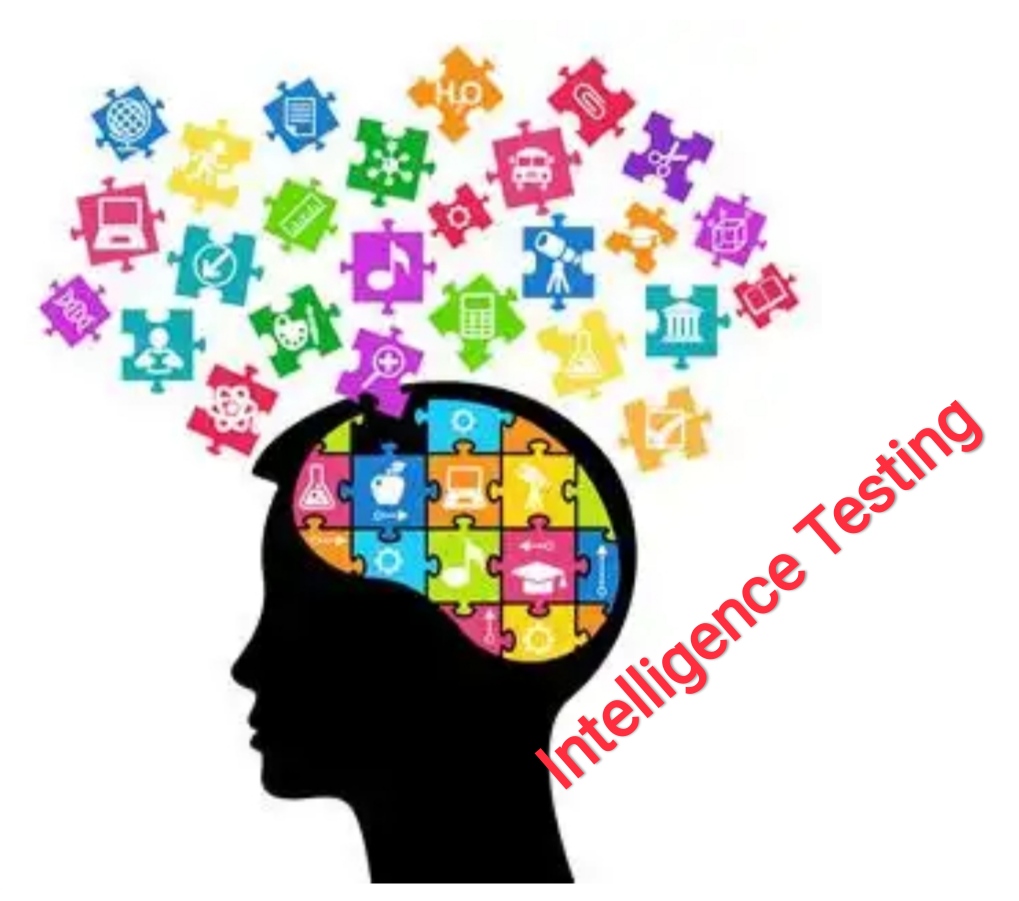
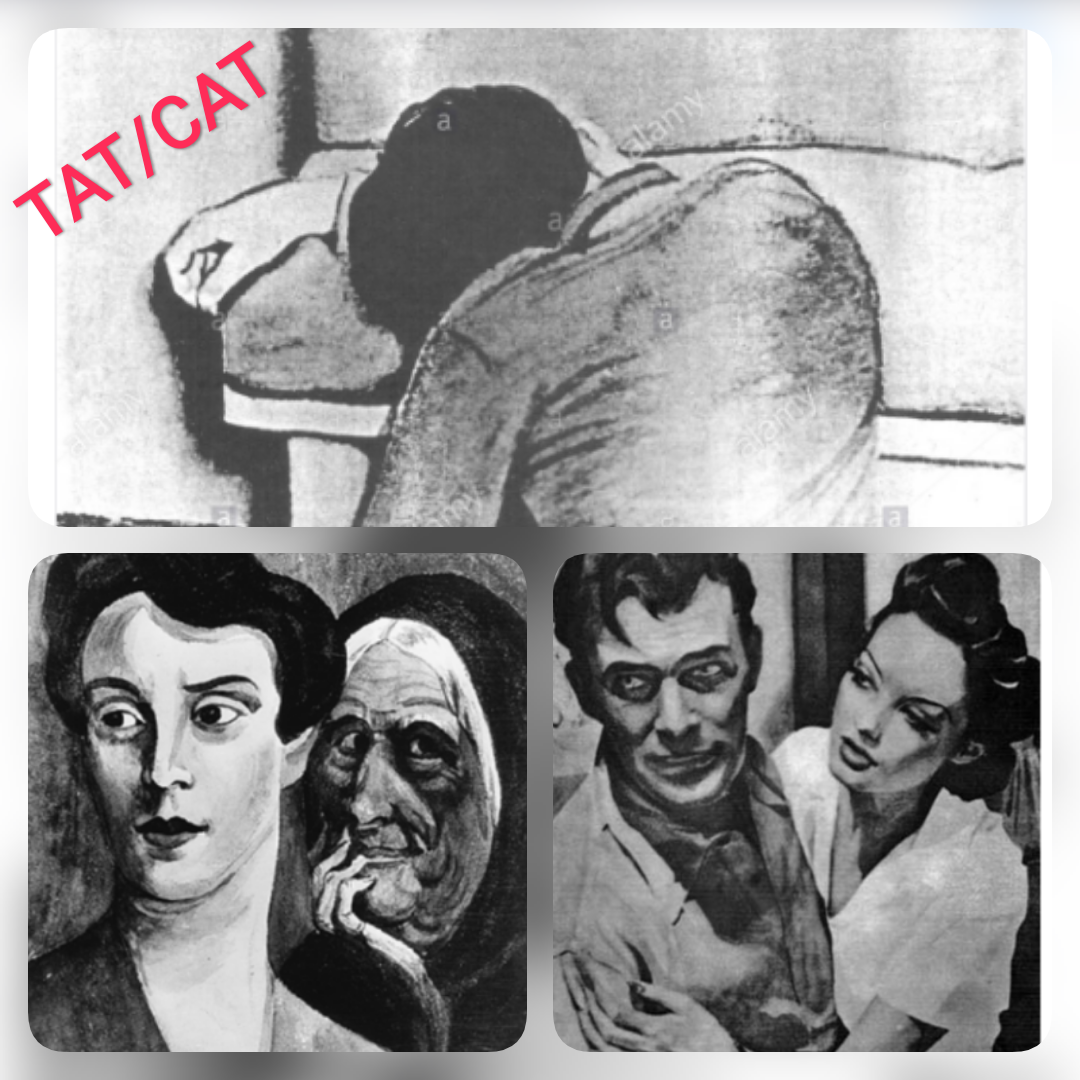
Thematic Apperception Test (TAT) / Children Apperception Test (CAT)
The Thematic Apperception Test, or TAT, is a type of projective test that involves describing ambiguous scenes. Popularly known as the “picture interpretation technique,” it was developed by American psychologists Henry A. Murray and Christina D. Morgan at Harvard University in the 1930s. It is designed to reveal an individual’s perception of interpersonal relationships. Thirty-one picture cards serve as stimuli for stories and descriptions about relationships or social situations.
Cognitive Behavioral Therapy (CBT)
Cognitive behavioral therapy is a psycho-social intervention that aims to improve mental health. CBT focuses on challenging and changing unhelpful cognitive distortions and behaviors, improving emotional regulation, and the development of personal coping strategies that target solving current problems.
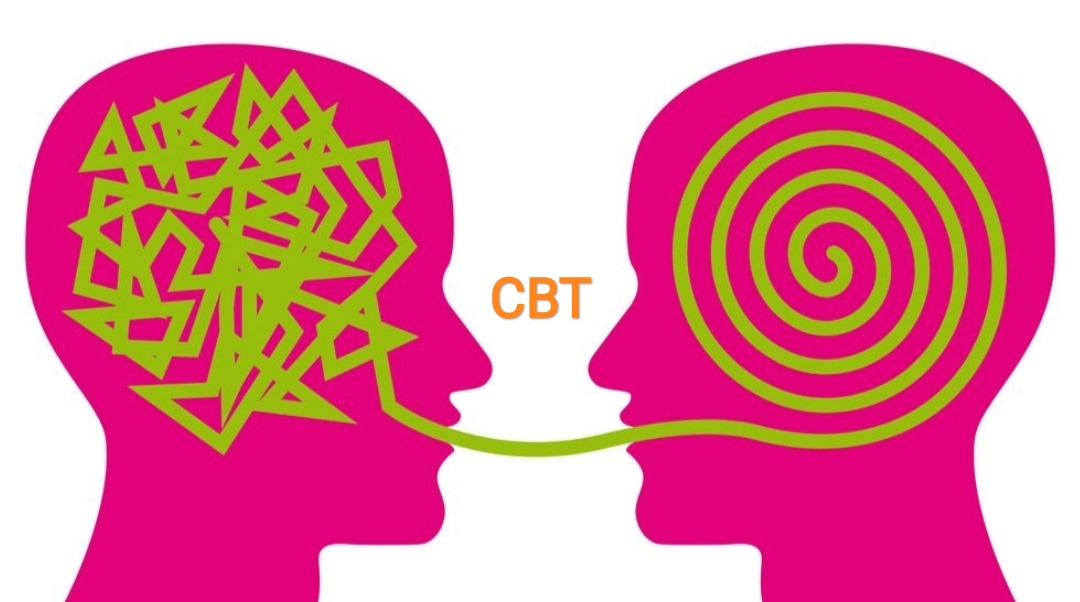
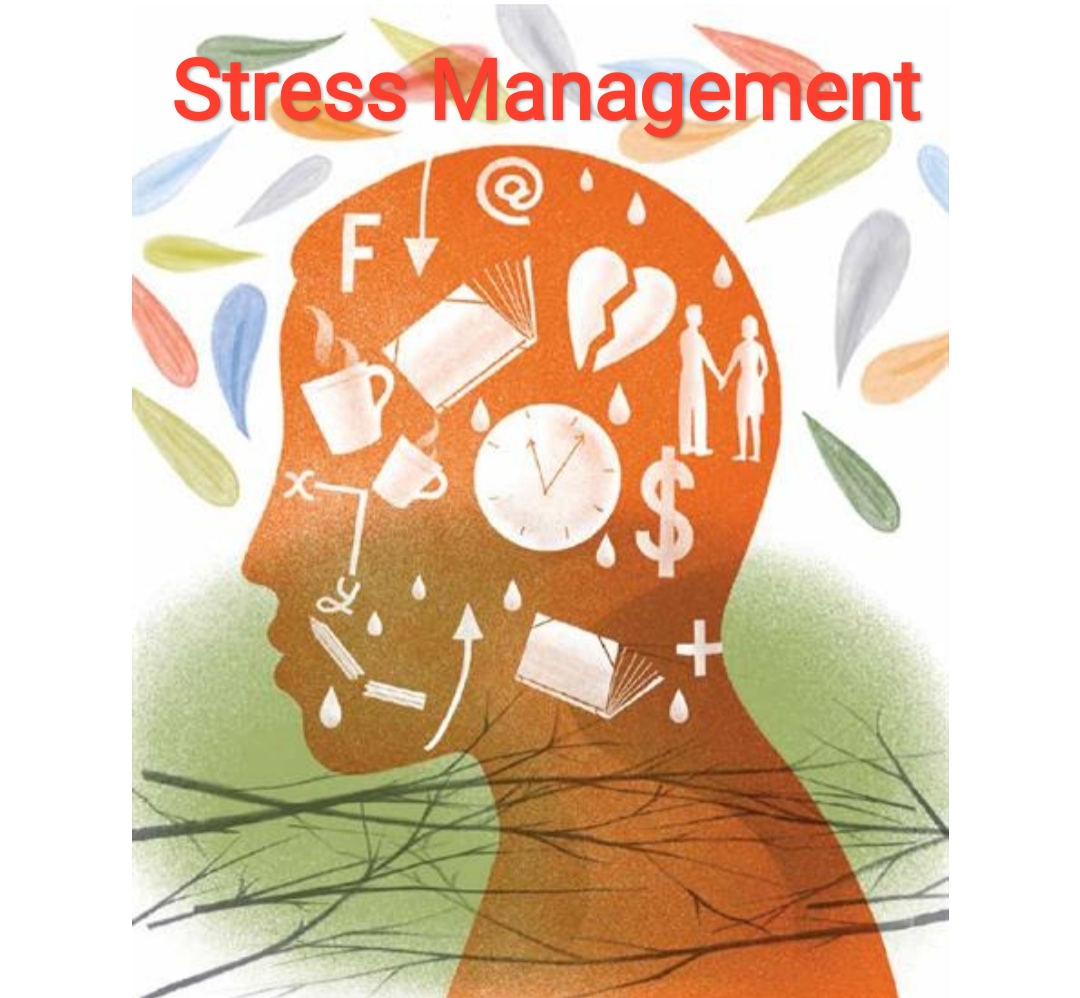
Stress Management
Stress is mental tension caused by demanding, taxing or burdensome circumstances. … Stress management can help lower blood pressure and physical illness and improve cognition. There are many stress management techniques to try, including physical, mental, social, intellectual and environmental techniques.A small amount of stress can be good, motivating you to perform well. But multiple challenges daily, such as sitting in traffic, meeting deadlines and paying bills, can push you beyond your ability to cope.
Stress Management Tips
People can learn to manage stress and lead happier, healthier lives. Here are some tips to help you keep stress at bay.
- Keep a positive attitude.
- Accept that there are events that you cannot control.
- Be assertive instead of aggressive.
- Learn and practice relaxation techniques.
- Exercise regularly.
- Eat healthy, well-balanced meals.
- Learn to manage your time more effectively.
- Set limits appropriately and learn to say no to requests that would create excessive stress in your life.
- Make time for hobbies, interests, and relaxation.
- Get enough rest and sleep.
- Don’t rely on alcohol, drugs, or compulsive behaviors to reduce stress.
- Seek out social support.
- Spend enough time with those you enjoy.
- Seek management with a psychologist or other mental health professional trained in stress management.
Aggression Management
In psychology, the term aggression refers to a range of behaviors that can result in both physical and psychological harm to yourself, others, or objects in the environment. This type of behavior centers on harming another person either physically or mentally.
- Preventing Aggression
- Set out clear expectations.
- Build rapport and be understanding.
- Show cultural sensitivity.
- Avoid negative talk.
- Don’t assume or make judgments.
- Be encouraging.
- Avoid power struggles.
- Manage problems.
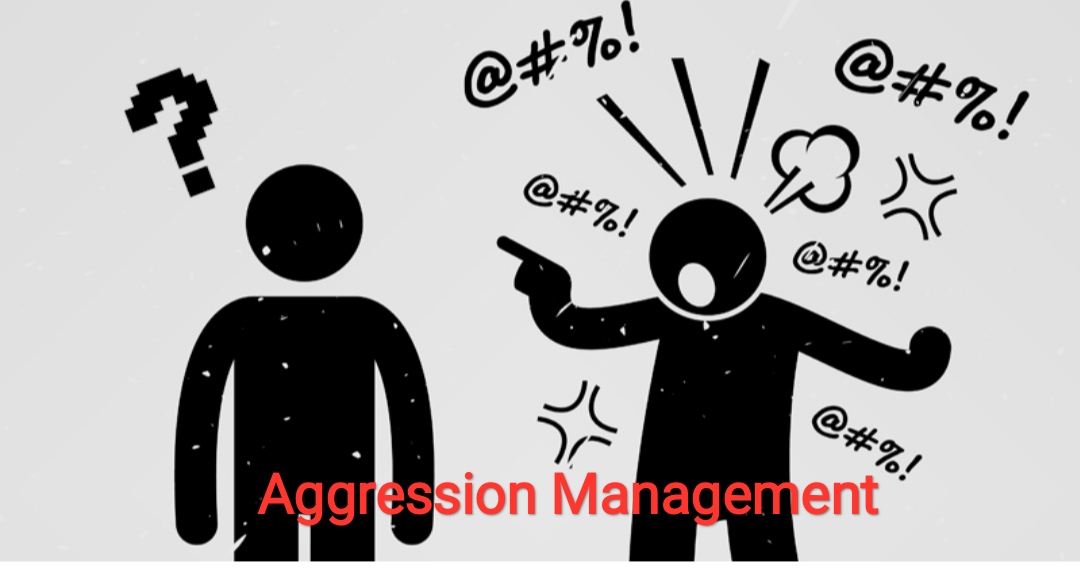
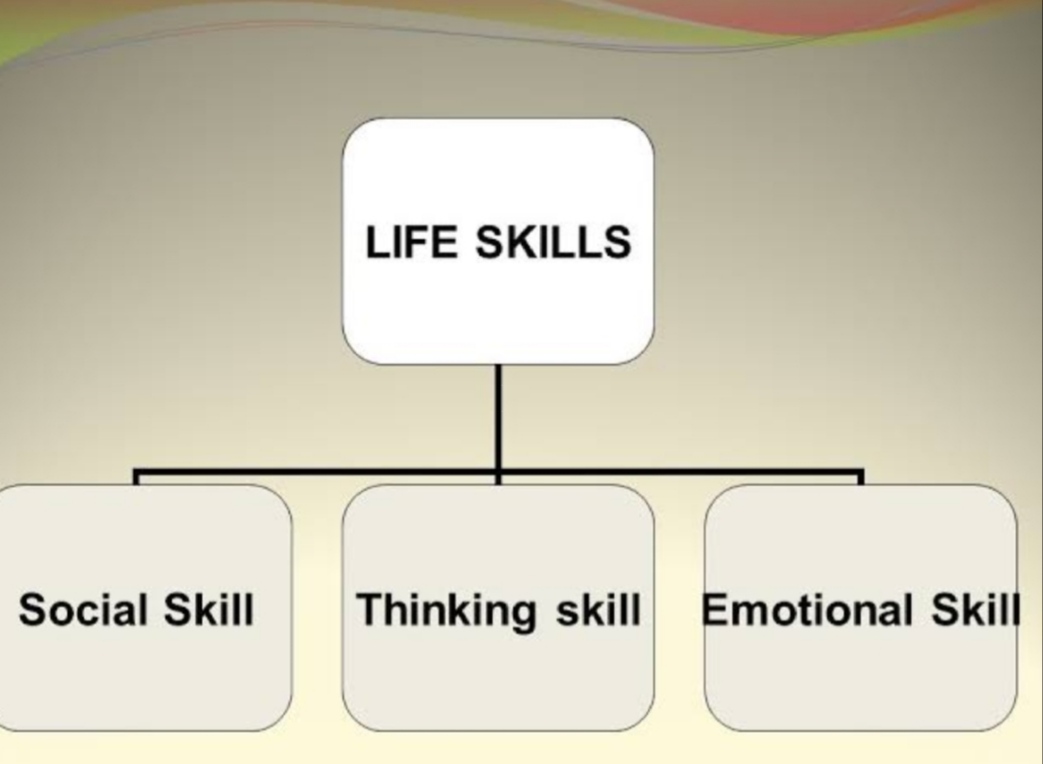
Life skills
Life skills are behaviors that enable individuals to adapt and deal effectively with the demands and challenges of life. There are many such skills, but 10 core life skills laid down by WHO are:
- Self-awareness
- Empathy
- Critical thinking
- Creative thinking
- Decision making
- Problem Solving
- Effective communication
- Interpersonal relationship
- Coping with stress
- Coping with emotions
Time Management
Time management is the ability to use one’s time effectively or productively, especially at work.
“time management is the key to efficient working”
Some of the most important time management skills include:
Organization. Staying organized can help you maintain a clear picture of what you need to complete and when….
- Prioritization
- Goal-setting
- Communication
- Planning
- Delegation
- Stress management.
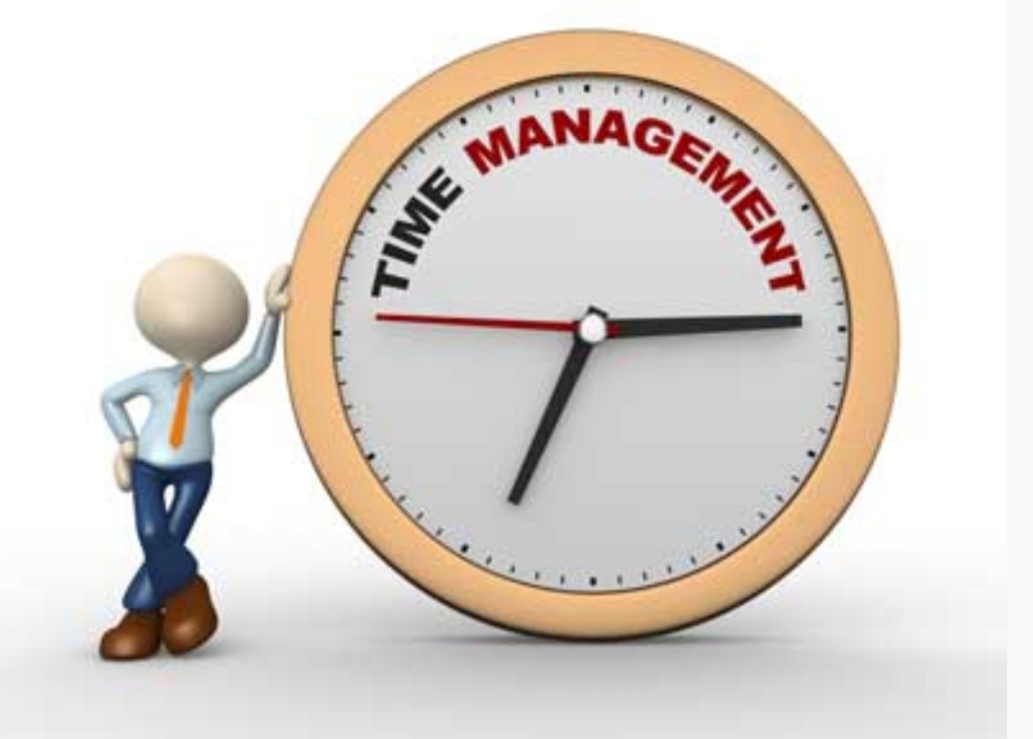

Positive Parenting
Positive parenting is focused on developing a strong, deeply committed relationship between parent and child based on communication and mutual respect. Positive Parenting focuses on teaching children not just what but also why. Positive parenting means training children toward self-control.
Adolescence Counselling
Adolescents are a special group because of their developmental stage and the special problems. Considering all these facts we need to give more importance to issues concerning the adolescent age group. Counseling is one of the important modality of treatment for the adolescent-related problems.
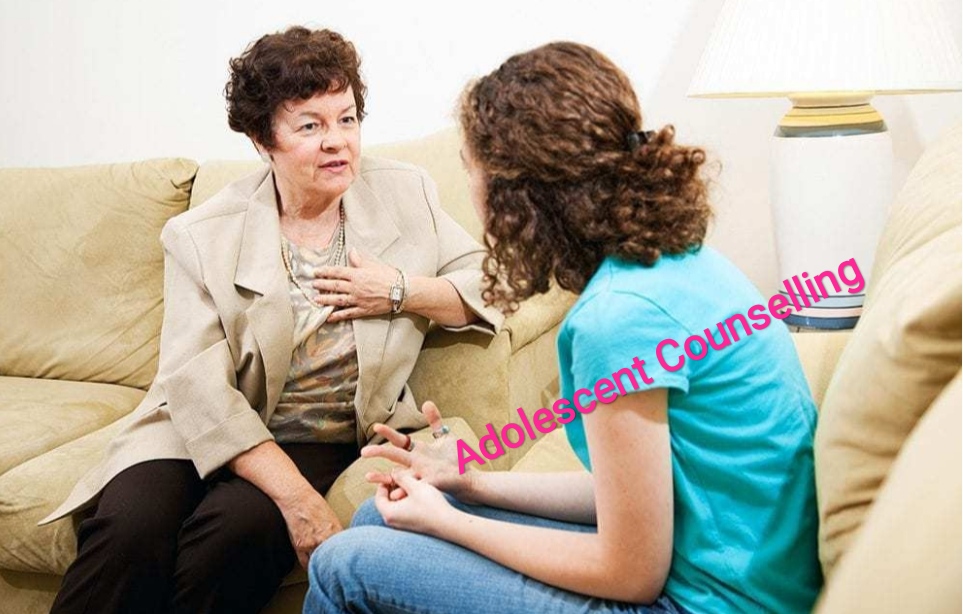
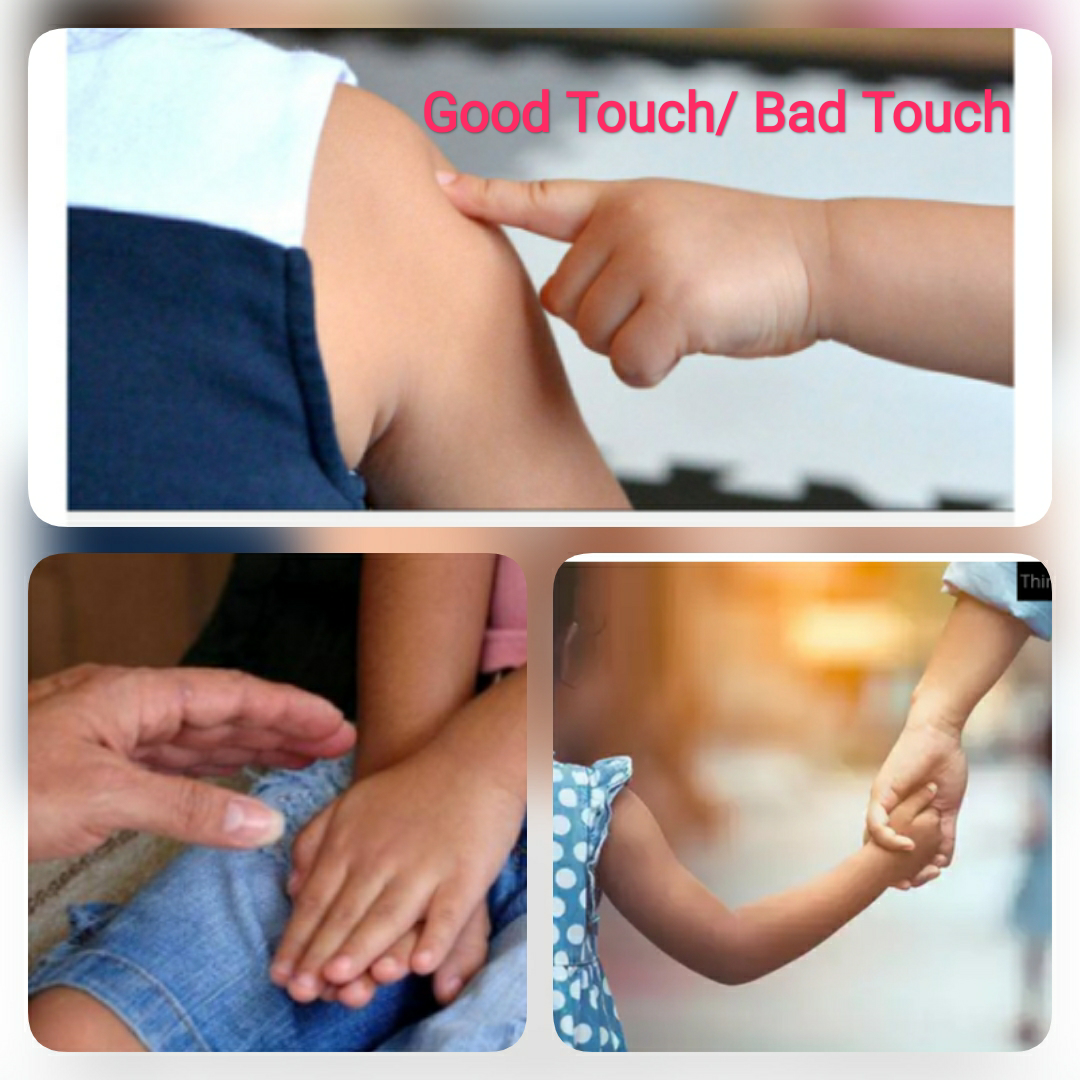
Good Touch and Bad Touch
“Good touch” as a way for person to show they care for each other and help each other (i.e., hugging, holding hands, changing a baby’s diaper etc. ).
“Bad touch”, on the other hand, is the kind you don’t like and want it to stop right away (e.g. hitting, kicking, or touching private parts etc. )
Study Skills
Study skills, academic skill, or study strategies are approaches applied to learning. They are generally critical to success in school, considered essential for acquiring good grades, and useful for learning throughout one’s life.
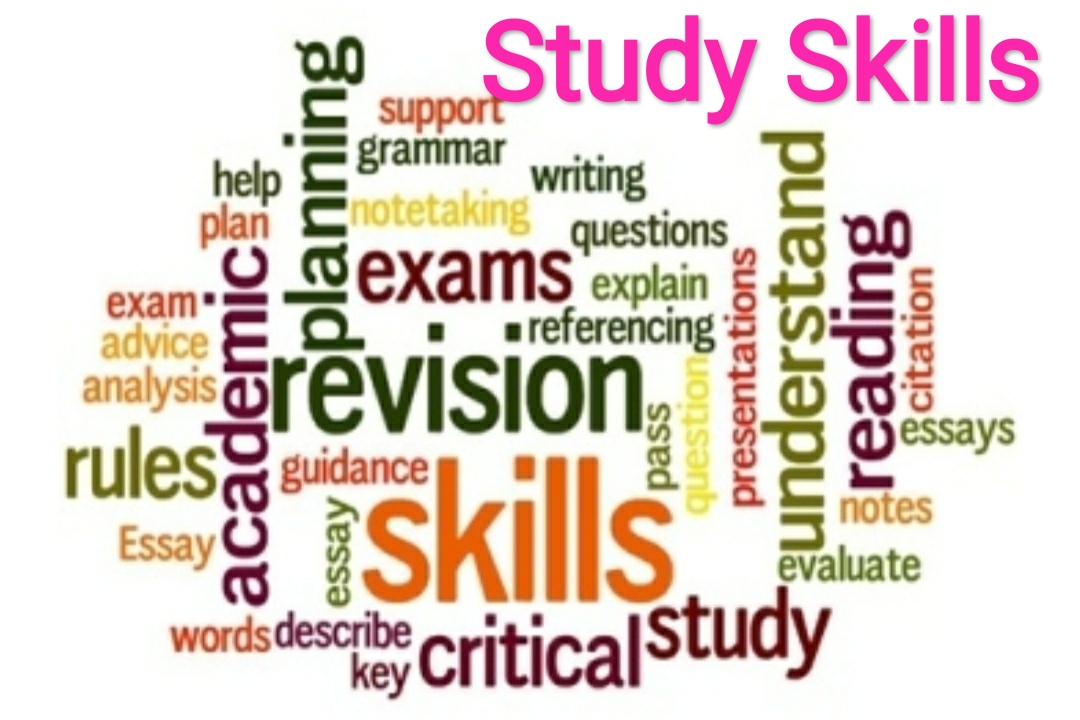
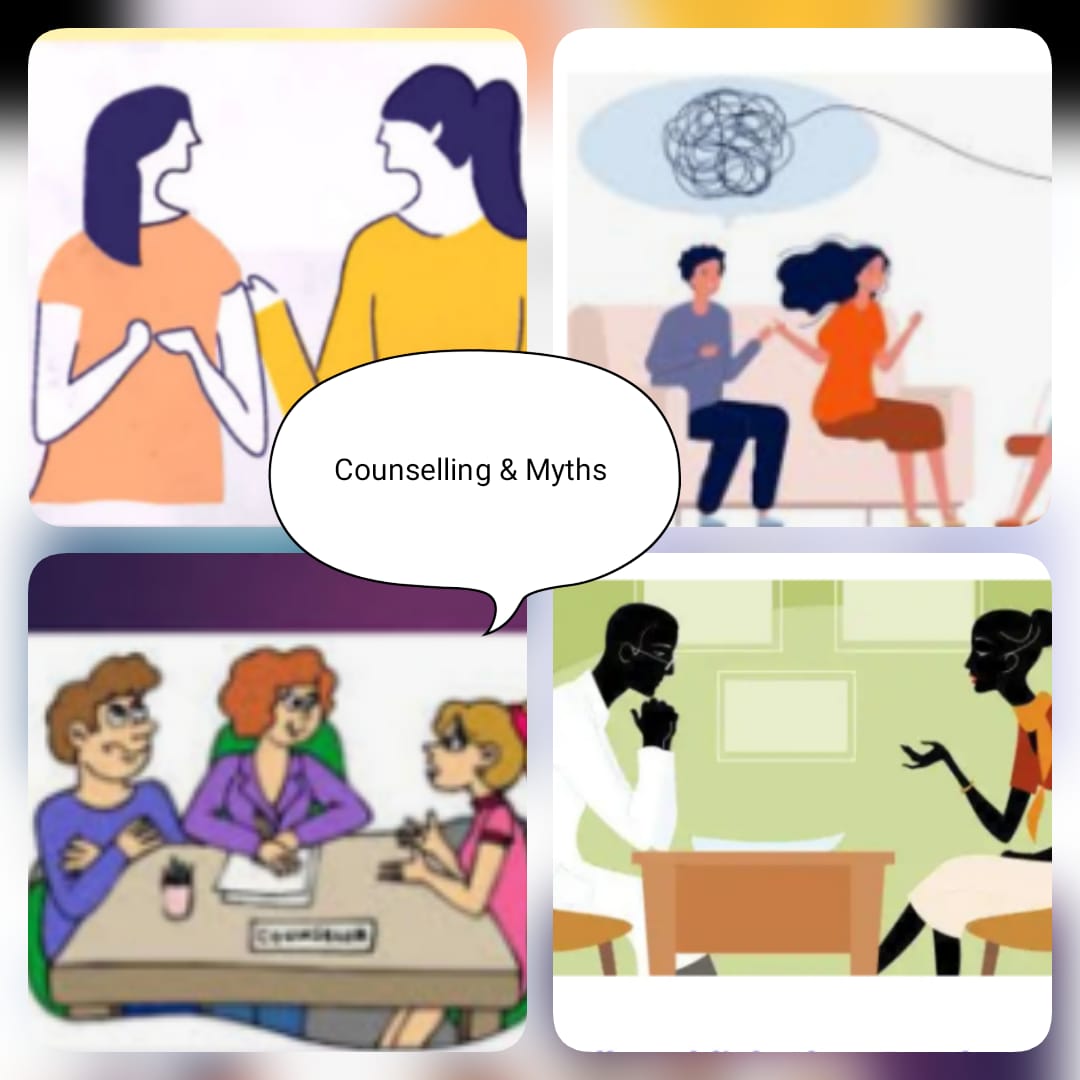
Counselling and Myths about Counselling
Counselling is a type of talking therapy that allows a person to talk about their problems and feelings in a confidential and dependable environment. A counsellor is trained to listen with empathy (by putting themselves in your shoes). They can help you deal with any negative thoughts and feelings you have.
Myths about Counselling
Myth 1: Counselling is only for major issues or “crazy” people.
Myth 2: Admitting that you need help and going for counselling means you’re weak.
Myth 3:Counselling doesn’t help or will make the situation worse.
Myth 4: The counsellor doesn’t know me, so they can’t help me. Etc.
Bullying
Bullying is the use of force, threat, to abuse, aggressively dominate or intimidate. The behavior is often repeated and habitual.
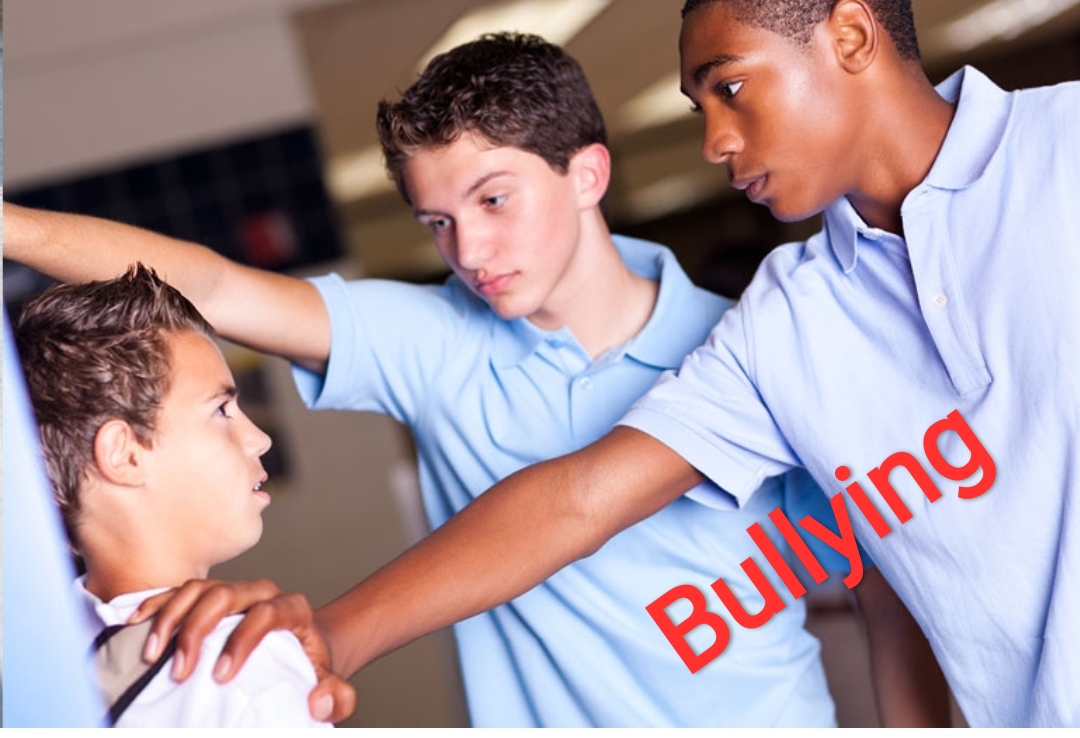
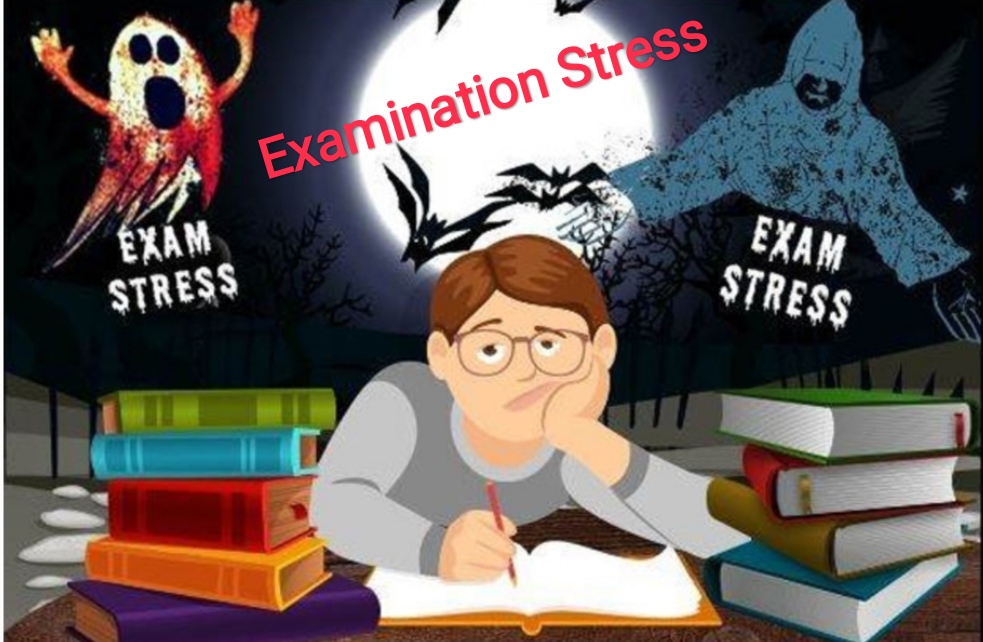
Examination Stress
Examination stress is normal and very common. You might experience it because: you are worried about how well you will do in the exam. you find it hard to understand what you’re studying. you feel unprepared or haven’t had time to study.
Tips :
Stick to a routine by eating and sleeping at around the same time each day.
Get a good night’s sleep. …
Give yourself mini rewards once you achieve
your study goals – watch a TV show or go for a run.
Keep focused on your study – don’t let other stuff like friendship worries distract you.
Physical , Psychological & Emotional changes during Puberty
During puberty, since your body undergoes many changes, it is common to feel uncomfortable about them and become overly sensitive about your physical appearance. As a result you may feel irritated quite easily, lose your temper or feel depressed.
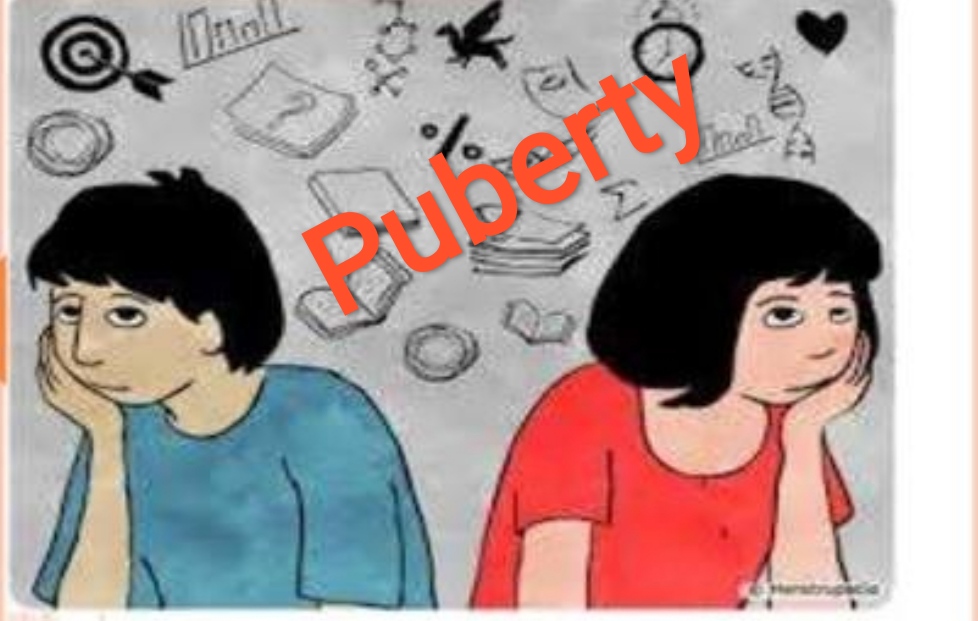

Sexual Harassment
Sexual harassment is unwelcome sexual behaviour that’s offensive, humiliating or intimidating. It can be written, verbal or physical, and can happen in person or online.
Both men and women can be the victims of sexual harassment. When it happens at work, school or uni, it may amount to sex discrimination.
Sexual harassment can include someone:
- touching, grabbing or making other physical contact with you without your consent
- making comments to you that have a sexual meaning
- asking you for sex or sexual favours
- leering and staring at you
- displaying rude and offensive material so that you or others can see it
- making sexual gestures or suggestive body movements towards you
- cracking sexual jokes and comments around or to you
- questioning you about your sex life
- insulting you with sexual comments
- committing a criminal offence against you, such as making an obscene phone call, indecently exposing themselves or sexually assaulting you.
HIV/ AIDS
HIV stands for human immunodeficiency virus. It harms your immune system by destroying the white blood cells that fight infection. This puts you at risk for serious infections and certain cancers. AIDS stands for acquired immunodeficiency syndrome. It is the final stage of infection with HIV.While HIV is a virus that may cause an infection, AIDS (which is short for acquired immunodeficiency syndrome) is a condition. Contracting HIV can lead to the development of AIDS. AIDS, or stage 3 HIV, develops when HIV has caused serious damage to the immune system.
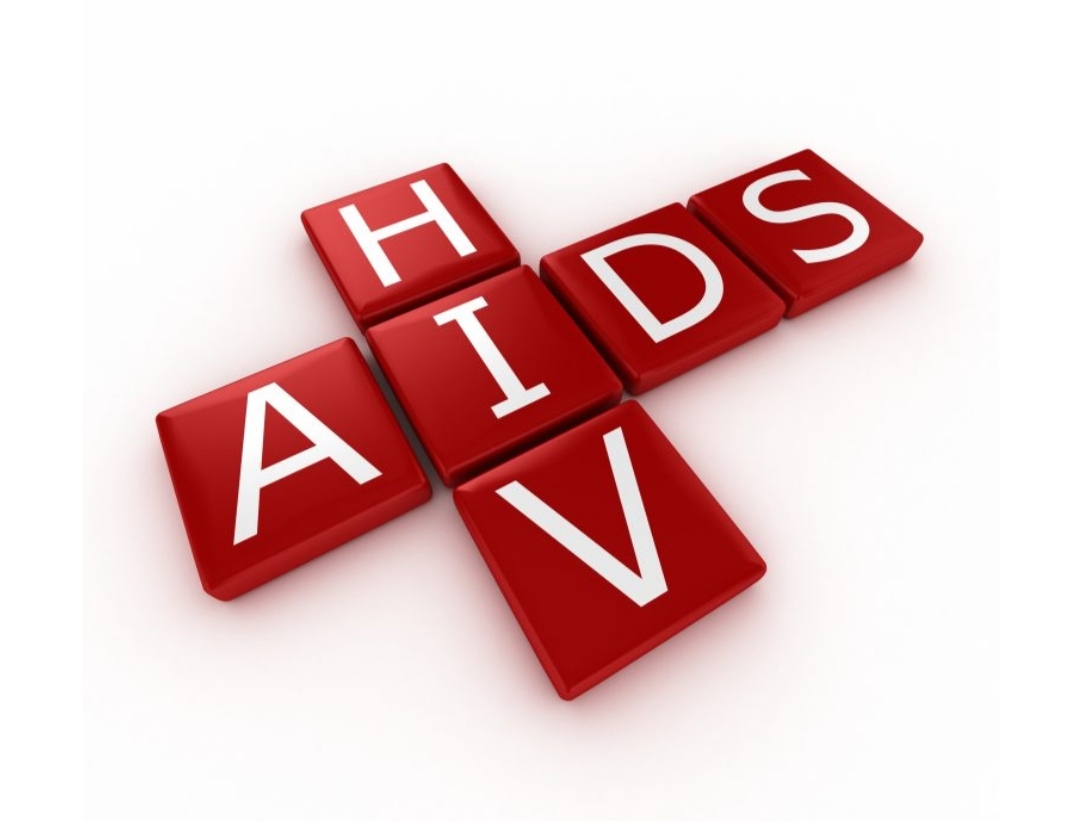
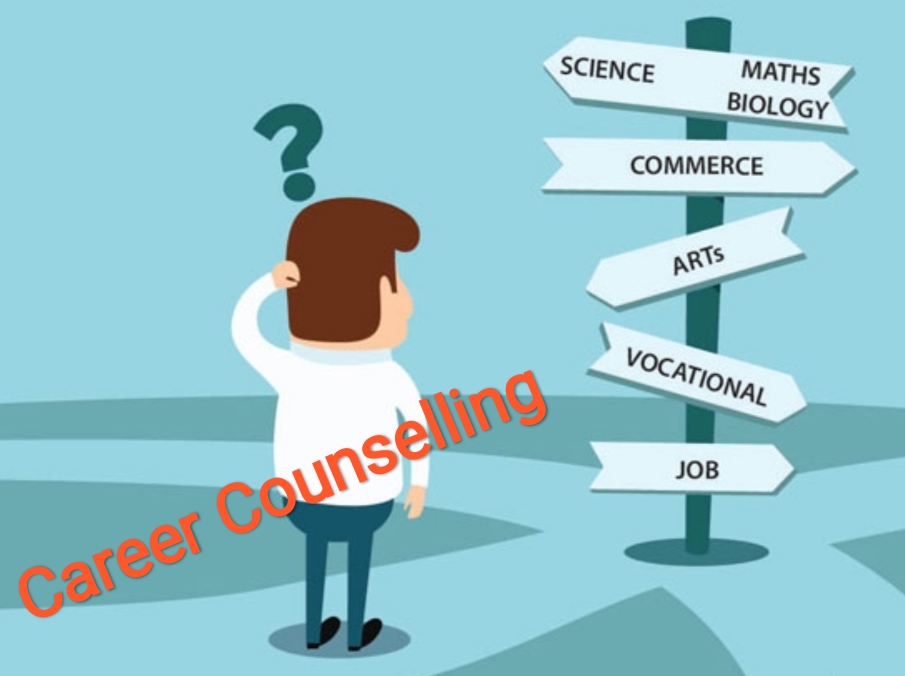
Career Counseling
Career Counselling helps them understand their own strengths and weaknesses with regard to their present course or profession, and lets them know what career they would be suited for.
Specific Learning Disability
DSM-5 considers SLD to be a type of Neurodevelopmental Disorder 3 that impedes the ability to learn or use specific academic skills (e.g., reading, writing, or arithmetic), which are the foundation for other academic learning.
